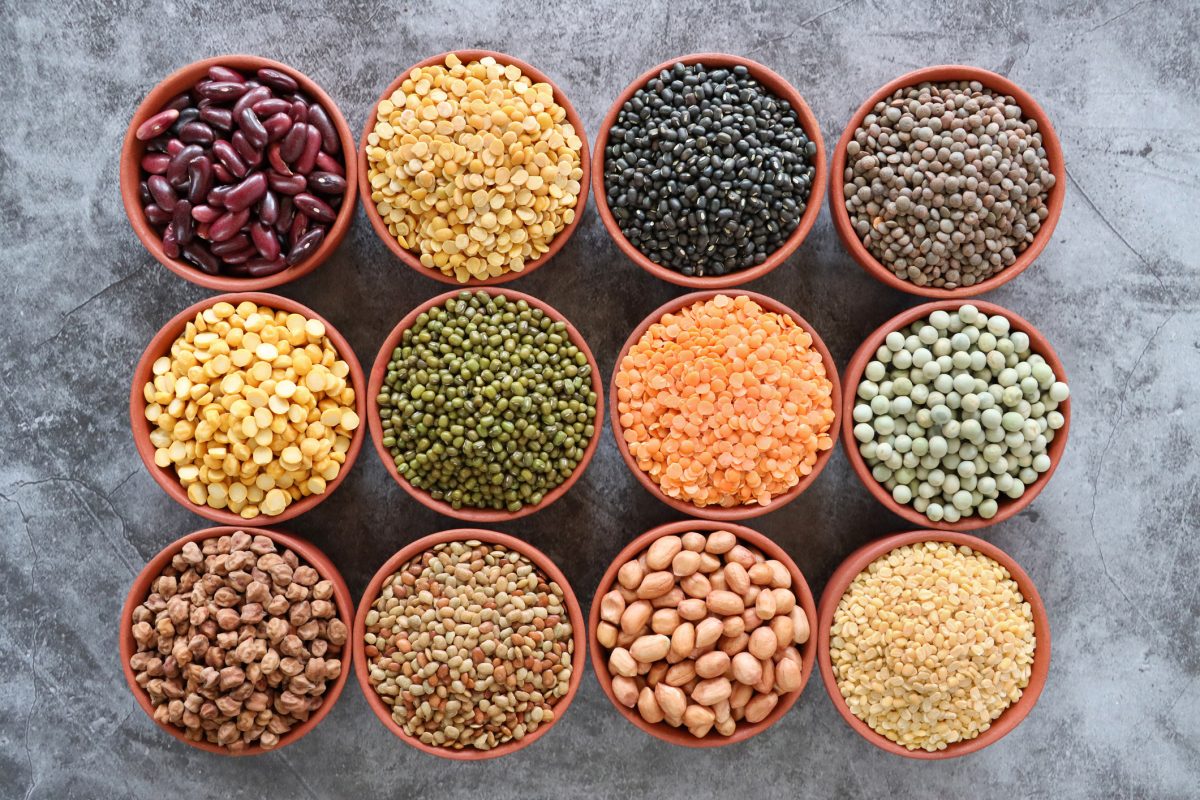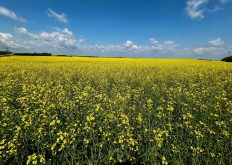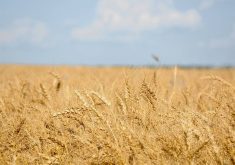North Korean food production has increased for a third straight year, but a United Nations report warned Thursday that cases of stunting in children due to malnutrition remained high.
A mission by the U.N. Food and Agriculture Organization (FAO) and World Food Programme (WFP) visited North Korea’s nine agricultural provinces in late September and early October around the main annual cereal harvest.
Total food production is estimated at about 5.03 million tonnes (including milled rice) in 2013, which is about a five per cent increase over the previous year.
Read Also

Pulse weekly: Canadian pea/lentil exports slow to start 2025/26
Canadian pea and lentil exports were down in November, with total movement of the two pulses during the 2025/26 (Aug/Jul) crop year-to-date running behind the year-ago pace, according to the latest international trade data from Statistics Canada released Jan. 29
Even with the improved harvest, the food security situation remains unsatisfactory with 84 per cent of households having borderline or poor food consumption.
“Despite continued improvement in agricultural production, the food system in the DPRK (North Korea) remains highly vulnerable to shocks and serious shortages exist, particularly in the production of protein-rich foods,” said Kisan Gunjal, FAO economist and co-leader of the mission.
“In the interest of increased protein consumption and to reverse the downward trend of soybean production, the price paid to farmers for soybean should be increased.”
Since 1998, WFP in partnership with the government has produced blended fortified foods and nutritious biscuits for children and pregnant or nursing women.
WFP has recommended a shift to a new product — rice soya milk blend — for children in nurseries to reduce stunted growth and wasting.
Children’s brains and bodies become stunted when they lack the right kind of food or nutrients in their first 1,000 days of life, the U.N. says.
— Reporting for Reuters by David Brough.














